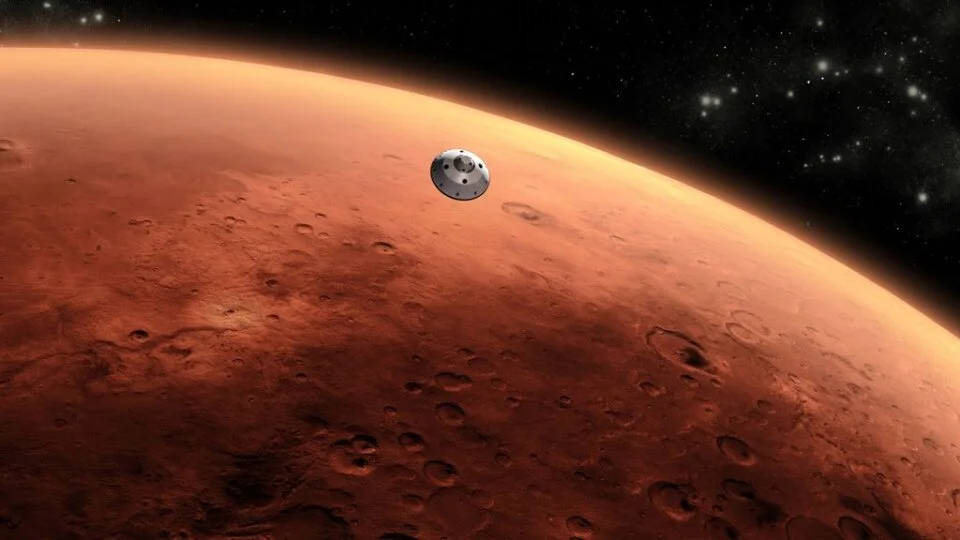Some three billion years ago, Mars was believed to have been a water world just like earth. It possessed great oceans and was most likely on its way to forming life in one form or another. Water is made up of hydrogen, the most common element in the universe, and oxygen, the third most common element. Water is extremely important to the development and sustaining of life as we know it.
Newly discovered glaciers on Mars may help humans settle on the Red Planet one day
If humans are to truly become interplanetary settlers, we're going to need to have access to water — a lot of it. But loading it on a rocket would be heavy, and trying to escape Earth's gravity with all that weight would be costly. Satellite observations by orbiters around Mars suggest there is an ice sheet in a flat plain called Arcadia Planitia at roughly 35 degrees north latitude. It's a site that both NASA and SpaceX are considering for future human exploration. In this new study, researchers found that it's not just an ice sheet, but a kind of shallow river of ice, similar to what we see in regions of Antarctica.
Explained: Why finding the ‘oldest water on Earth’ matters in the quest for life on Mars
The discovery of the water 2.4 km below the Earth’s surface has since been heralded as one of great importance, given its ramifications on what we know about the origin and evolution of our planet, the nature of water and life, as well as the possibility of finding life on Mars. Investigations into the highly saline water led to a pathbreaking discovery: scientists found that chemolithotrophic microbes– bacteria that can thrive in the most extreme surroundings– had been able to survive in the subterranean liquid.
Life on Mars? Ancient water in Ontario could help unlock the mystery
Life found in ancient water flowing through a northern Ontario mine could eventually help scientists unlock the mystery about whether there was ever life on Mars, according to a scientist at the University of Toronto. Barbara Sherwood Lollar, a professor of geochemistry, led a team of researchers at the Kidd Creek mine north of Timmins, Ont. that extracted the oldest sample of water ever found – almost 2 billion years old – from 2.4 kilometres underground.





